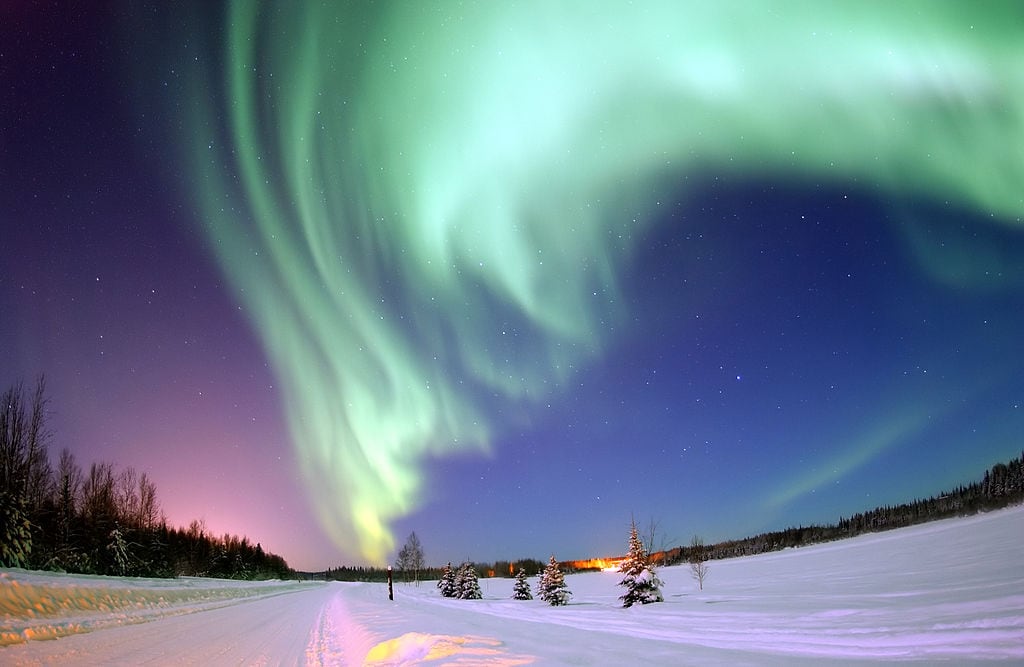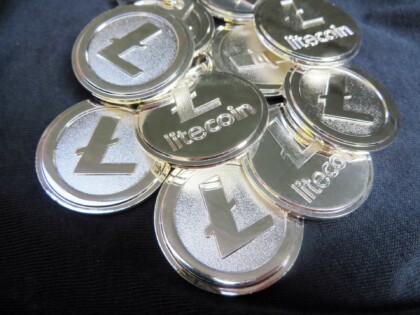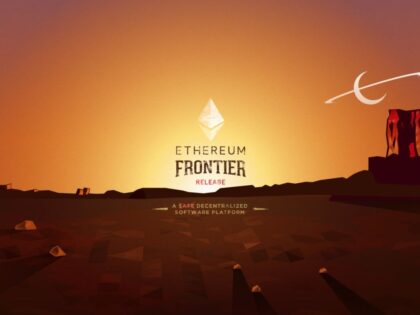
Auroracoin, the “cryptocurrency for Iceland,” will be distributed to every citizen of the country this week.
The distribution, known as the “airdrop”, will see 50% of the total auroracoins distributed to Iceland’s populace. Permanent residents of the country will have to enter their ID on the official website and receive 31.8 AUR, which is approximately equal to $400 at the time of writing.
Auroracoin will be distributed to Iceland’s permanent residents in stages. The stages of the Airdrop are:
Stage 1
Every Icelander will be able to claim a gift from me of 31.8 AUR, commencing on midnight March 25th. This stage will last 4 months.
Stage 2
The Airdrop is reset. Every Icelander will be able to claim a part of the coins, left over from Stage 1 in the premine addresses. The amount of coins shall be calculated in the following way: (Stage 1 remaining coins / 330,000 = coins awarded). In this stage and the following, both the original recipients of the coins will able to retrieve their gifts, as well as other Icelanders. This stage will last another 4 months.
Stage 3
The Airdrop is reset again. Every Icelander will again be able to claim a part of the coins, left over from Stage 2 in the premine addresses. The amount of coins shall be calculated in the following way: (Stage 2 remaining coins / 330,000 = coins awarded). This stage will last 4 months. At all stages the claimed coins will be a irreversible gift with full transfer of ownership.
Baldur Friggjar Óðinsson, the developer of the currency, says, “I cannot guarantee a 100% fair outcome of the Airdrop and no claim can be made against me if there are imperfections in the process.”
Auroracoin is currently the fourth largest cryptocurrency in terms of overall market cap. It became popular due to its unique approach and nationalistic message.
Óðinsson told cryptocurrency news publisher CoinDesk that the goal was to offer Iceland a different type of money to the Icelandic krona (ISK).
“They [the government] want to force people to use a ruined currency, the ISK, of which they have printed way too much and which will be heavily sold when people will be free to do so,” said Óðinsson.






